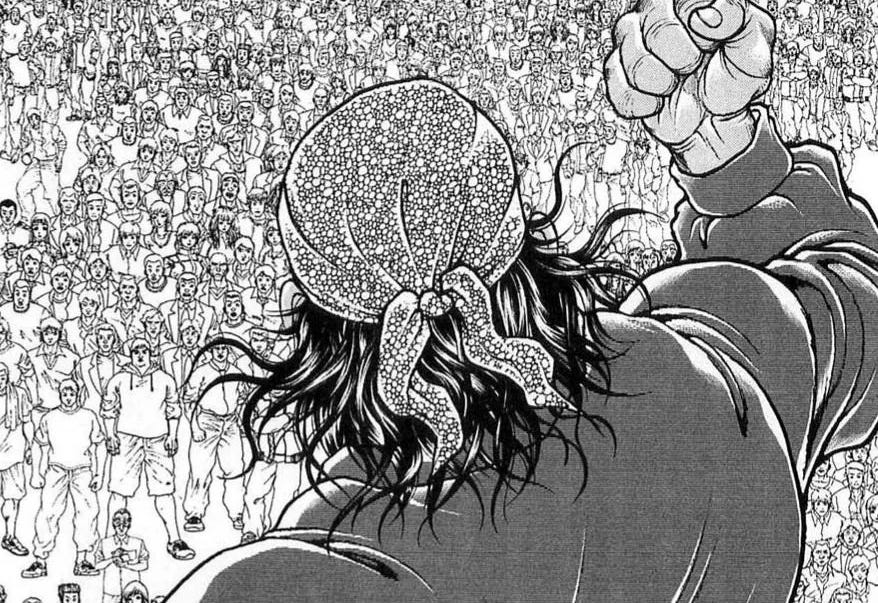The revolution will be... illustrated?
What a terrorist incident from 1970's Japan tells us about American politics today
Fifty-five years ago this week on March 31, 1970, a group of nine young Japanese boarded a Japan Air Lines flight at Tokyo’s Haneda Airport bound for Fukuoka. Shortly after takeoff, they pulled weapons out of their carry-on bags and hijacked the plane. The nine were members of a terrorist group called the Red Army Faction of the Communist League. They f…




